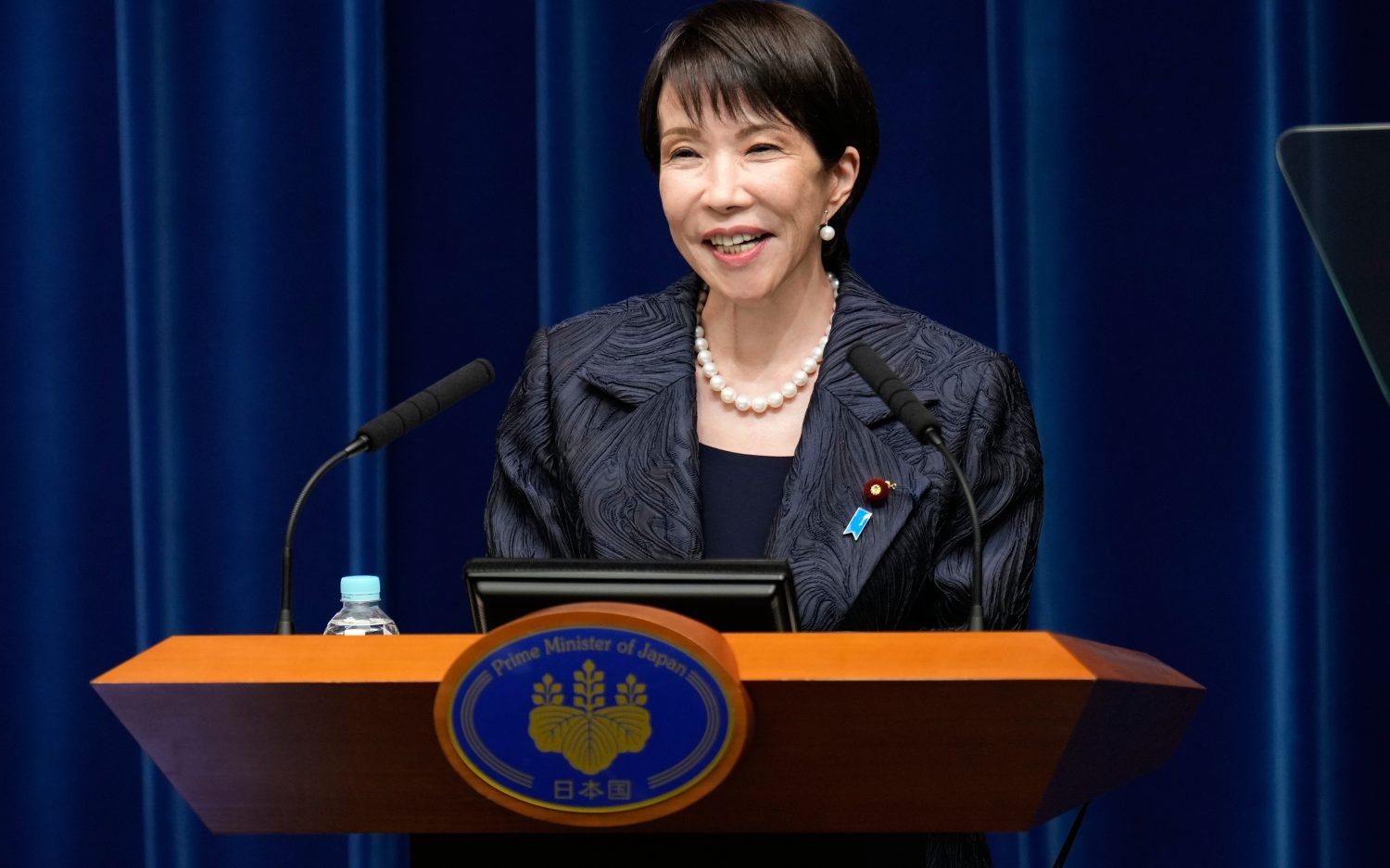French Christians cautiously optimistic after presidential election
President-elect Emmanuel Macron has promised to support religious liberty and public faith displays
France voted Sunday to reject far-right nationalism and elect 39-year-old, self-proclaimed centrist Emmanuel Macron as its youngest president ever.
The former investment banker has never held elected office, though he was incumbent Socialist President François Hollande’s finance minister until August 2016. Macron garnered 66 percent of the vote, compared to National Front candidate Marine Le Pen’s 34 percent. Despite the decisive margin, many voters chose Macron only to block Le Pen.
The National Front has a troubling history, including founder Jean Marie Le Pen’s repeated Holocaust denials. When his daughter moved on to this year’s second round of voting, most major party candidates who did not advance called on voters to rally around Macron to keep the nationalist party at bay. Nevertheless, more than a third of voters chose Le Pen, indicating deep-seated dissatisfaction with current French policies on immigration, Europe, and globalization.
France’s growing evangelical Christian community favored Republican candidate François Fillon until he lost in the first round. In the second round, most opted to vote for Macron despite his liberal stance on social policies. Citing those positions, as well as Macron’s globalist approach, some pastors encouraged parishioners not to choose “between pest and cholera” and either abstain or submit a blank vote. The election’s abstention rate reached a record high 27 percent. The percentage of “blank” voters—those who showed up to polling stations only to cast an unmarked ballot—also reached a record high at 11 percent, displaying frustration with both candidates and the desire to send a message.
Macron inherits a divided country. While his party, En Marche! (On the Move!), called for an end to the traditional split between left and right, the president-elect has said the current divide is between progressives and conservatives. Macron is pro-business and wants to cut 120,000 public-sector jobs. He also said he supports religious liberty, and he favors removing the ban on Muslim headscarves at universities. Public displays of religion should be allowed to the extent they do not overrule the nation’s laws, he said during the campaign.
France’s Christians are cautiously optimistic, calling the vote a “relative victory.”
“I am relieved that Marine Le Pen didn’t win, and I am proud that the French did not give into the far right despite the terrorist attacks we have suffered,” said Catherine Daguerre, 24, a law student from Grandvillars in eastern France. “Now Emmanuel Macron has a great responsibility to convince those who didn’t vote for him as well as those who abstained.”
Daguerre cited the high abstention and blank vote rates as cause for concern that many French no longer feel represented by the political system.
Focus now turns to the legislative elections in June. Macron’s party has no elected representatives in the National Assembly. The country’s new leader needs the energy that elected him to build his parliamentary presence. Macron will take office May 14, one week after the election, and will announce his choice for prime minister, a position normally chosen to reflect the majority party in the Assembly. Because En Marche! currently has no representation, the choice of prime minister is crucial to Macron’s ability to form a coalition government and deliver on his promise of uniting the political left and right.
In her concession speech, Le Pen promised a renewal of the National Front to become the main opposition in the National Assembly.
An actual newsletter worth subscribing to instead of just a collection of links. —Adam
Sign up to receive The Sift email newsletter each weekday morning for the latest headlines from WORLD’s breaking news team.





Please wait while we load the latest comments...
Comments
Please register, subscribe, or log in to comment on this article.